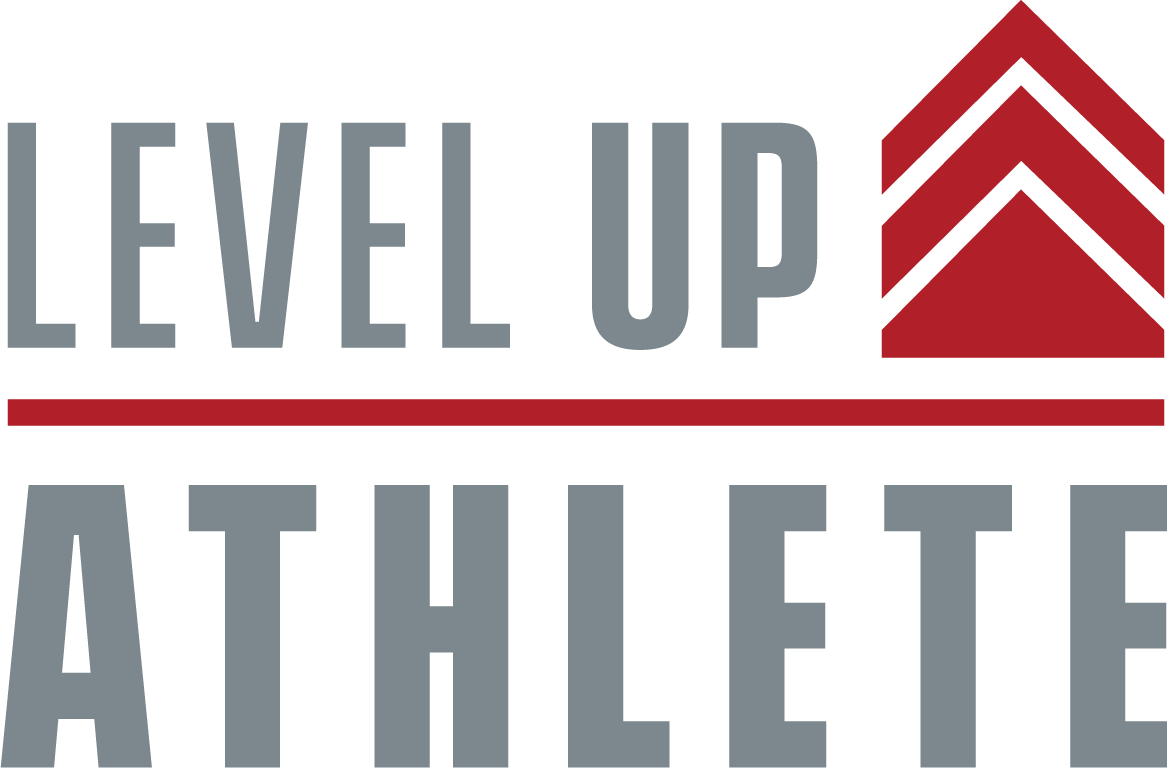Level Up Team Performance through Connection and Communication
Taylor Swift and Travis Kelce seem to be permeating conversations online right now. Even folks trying to stay away from gossip know about their relationship, and a byproduct of this hype is that more people seem to be getting into football. According to Forbes Magazine, the early October matchup between the Kansas City Chiefs and the New York Jets was “the most watched Sunday television show since the Super Bowl in February [2023.]”
As a lifelong sports fan, I’ve had so many opportunities lately to engage new fans in not only talking about football but also the important role that coaches play with their athletes. You may have seen the Chiefs’ coach Andy Reid say, “Kelce keeps getting better with time; Taylor can stay around all she wants,” getting laughs from reporters present. But there is wisdom beneath the jokes. One of the most important things that coaches do is help their athletes step up their game in a way that works best for each individual player. While we won’t all have Taylor Swift in our corner, her presence prompts an important question: How can coaches get to know each of their players and understand how to best motivate them based on their individual needs and experiences?
Successful coaches like Andy Reid know that no matter the amount of raw talent that exists within their group, the best teams are built on both connection and systems. Each new season as the roster shifts, coaches must figure out how to quickly:
build trust with each player and adapt their communication styles to connect,
build trust among their team members,
figure out how to get each athlete to perform at their best,
help their players quickly recover when they make mistakes,
help themselves and their players manage inevitable stress that comes during a season, and
adapt systems effectively to their current players’ strengths and abilities.
This is often easier said than done. Though sports can be incredibly fun and rewarding, a coach’s job is complicated. Many coaches must accomplish the list above with limited time, and without a clear starting point. While one group of players improves with drill sergeant-like motivation, another group may shut down. Some athletes need to see a play run on an iPad before executing, while others need to physically run through it to internalize it.
We have a process to help coaches reduce the time normally spent on trial and error, figuring out what works best for each athlete. Our tools give coaches a starting point to unlock motivation, communication, de-stressors and movement cues (e.g. adjustments to the ‘ready position’) for each individual athlete. Our comprehensive toolbox works from the belief that when coaches are not only aware of their players' unique needs but strategically leverage their understanding to enhance performance then the team will win both on and off the field.
We help players unlock their potential through mind-body strategies and communication cues, without any additional equipment. Meeting coaches and players where they are, and focusing on their individual needs and drivers, improves team chemistry, decreases conflict, and manages stress both on and off the field. To level up your team’s performance, we focus on:
Who You Are: Identifying individual strengths and unique mind-body connections.
How You Move: Leveraging movement strategies that bring out each person’s best performance under pressure.
What Moves You: Discovering the personal motivators that drive engagement and reduce stress.
Our strategies are not a substitute for Olympic level athletic genes, of course, but they are methods for empowering people to perform at their very best level. And while Taylor Swift may not always be the spark that improves Travis Kelce’s work on the field, Andy Reid, as Kelce’s coach, understands her as a value add to his player’s game. Our team can help you discover how to better understand the array of unique styles on your team and leverage those interests and needs as a way to improve performance.
We’ve worked with college, high school, and youth league coaches and athletes and would love to work with you to unlock your team’s potential!
